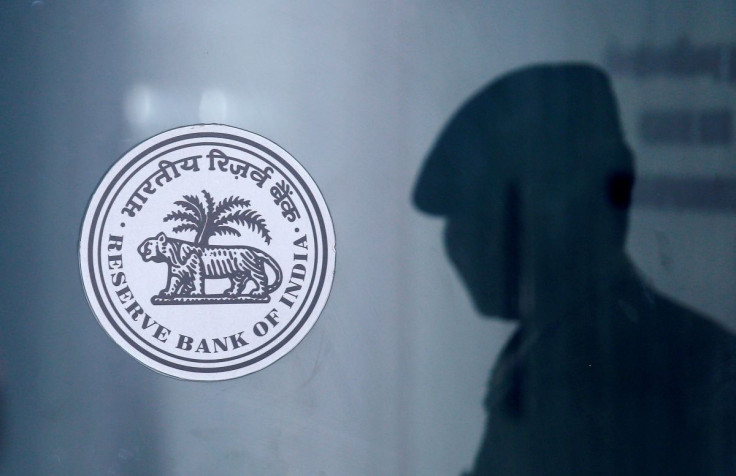Banning Crypto Most Advisable Choice For India, Says Central Bank Official
KEY POINTS
- Banning cryptocurrency perhaps the most advisable choice open to India: Rabi Sankar
- India's governemnt recently slapped a 30% tax on crypto
- The country has also announced it would launch its own CBDC
The deputy governor of India's central bank has called for an outright ban on cryptocurrencies in the country, adding to the confusion in the industry on the policy direction the country will take.
The Reserve Bank of India official's remarks come days after his boss and governor of the central bank, Shaktikanta Das, warned crypto investors to exercise caution, saying that investing in crypto is worse than tulipmania because it has no underlying value.
The 17th-century tulipmania was one of the most notable bubbles in history, with tulip bulb prices exceeding the annual pay of skilled workers.
In her recent budget, India's Finance Minister Nirmala Sitharaman announced a flat 30% tax on cryptocurrencies and said the RBI would launch its own CBDC, the digital rupee. While many saw the tax decision as a pathway to approval for cryptocurrencies, just days later Sitharaman muddied the waters by saying in an interview that Prime Minister Narendra Modi's government is yet to decide on allowing or banning cryptocurrencies.
RBI Deputy Governor Rabi Sankar said Monday listed out detailed arguments for cryptocurrency adoption and said that after examining them "banning cryptocurrency is perhaps the most advisable choice open to India." He added: "We have examined the arguments proffered by those advocating that cryptocurrencies should be regulated and found that none of them stand up to basic scrutiny."
Sankar said investing in crypto is similar to investing in a zero-coupon perpetual, in which the investor receives neither interest nor principal. "A bond with comparable cash flows would be valued at zero, which could be said to constitute a cryptocurrency's basic worth," he added.
Speaking at an annual bank industry conference, Sankar further said that allowing private currencies, such as cryptocurrencies, in India would result in the dollarization of the Indian economy, robbing the central bank of its capacity to oversee policy. Adopting a private currency would be a step backward, he argued, affecting the social, economic and legal fabric of society.
He warned that this would eventually result in private currency partially replacing the Indian rupee, undermining the rupee. He feared that in such a scenario, the country would have a parallel currency system. Thus, he said, growing acceptance of cryptocurrencies would effectively result in the 'dollarization' of the Indian economy.
Sankar, citing a January Wall Street Journal analysis, said that cybercrime involving cryptocurrencies is expected to total $14 billion in 2021.
India's Millenials, like elsewhere in the world, have taken to cryptcurrency in a big way. Dog meme coin Shiba Inu recently said India is one of its biggest markets. It is this adoption by younger investors that has made it difficult for governments across the world to make a quick decision on banning crypto. Still, Sankar was optimistic that if the government does ban crypto, most poeple will refrain from investing in it.

© Copyright IBTimes 2025. All rights reserved.






















